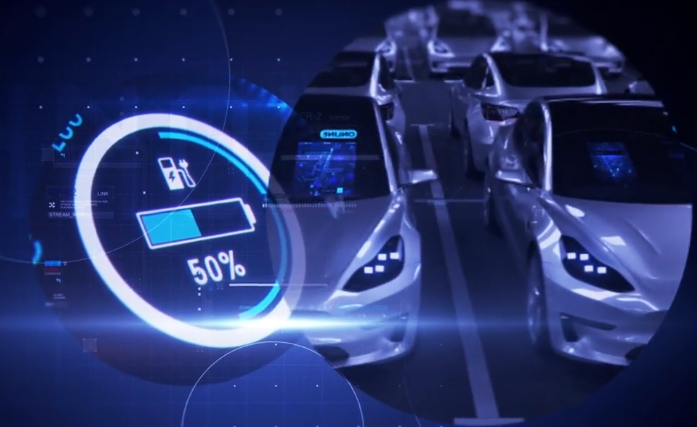RTI Accelerates Autonomous and Electric Vehicle Innovation with First Data-Centric Software Framework with Functional Safety Certification
RTI Achieves 64% Automotive CAGR Over the Past Three Years
Real-Time Innovations (RTI), the largest software framework company for autonomous systems, announced at the RTI Automotive Forum that foundational components of RTI Connext Drive® are now certified to ISO 26262 ASIL D. This is the most stringent Automotive Safety Integrity Level (ASIL) for road vehicles. Connext Drive is already proven-in-use as the underlying software framework for multiple production vehicle models on the road today, leading to more than 64% compound annual revenue growth (CAGR) over the last three years. ASIL D certification provides OEMs with even more assurance of Connext Drive suitability for safety-critical applications, including autonomous driving and Advanced Driver Assistance Systems (ADAS). RTI will be exhibiting Connext Drive at CES 2022 in Las Vegas at booth #7055 in the West Hall.
Software-defined capabilities are a fundamental differentiator in autonomous and electric vehicles. To remain competitive, OEMs must continually innovate, and software development agility is essential. However, it can be stymied by automotive software’s exploding volume and complexity. The need for safety assurance further compounds this challenge.
Connext Drive accelerates innovation by allowing OEMs to evolve their autonomy applications quickly and cost effectively. Unlike legacy Electrical/Electronic (E/E) architectural approaches designed for static vehicle software, Connext Drive employs an agile data-centric integration paradigm. It allows architects to decompose systems software into fine-grained and loosely-coupled “microservices.” These services only need knowledge of the types of data they exchange, not of the implementation or even presence of any other service. Thus, developers can add and update services to introduce new capabilities without having to modify or re-certify any other software components. Connext Drive is the first data-centric software framework certified to ASIL D.
Connext Drive is part of an expansive automotive ecosystem and is compliant with the Data Distribution Service (DDS)™ standard. It is integrated with the majority of automotive operating systems, technologies and platforms—including AUTOSAR and ROS 2—providing architects and system engineers with maximum flexibility in developing their full stack solution. With today’s announcement, Connext Drive now supports QNX® OS for Safety to ISO 26262 ASIL D, the industry-leading safe RTOS, offering a reliable and low-risk path to safe, production-grade vehicles.
“Safety, security and reliability are essential in the design of automotive systems,” said Grant Courville, VP, Products and Strategy at BlackBerry QNX. “With this achievement, RTI joins BlackBerry QNX in offering products certified to the highest level of ISO 26262. Automotive customers can now leverage solutions like the safety-certified Connext Drive and QNX OS for Safety to reduce risk and simplify their overall system certification requirements.”
“The release of safety certification in Connext Drive further validates the commitment from RTI to help overcome the architectural limitations currently facing the automotive industry, and ultimately impeding the transition to next-generation vehicles,” said Pedro Lopez Estepa, Market Development Director, Automotive at RTI. “Together with our partner ecosystem, we are leading the automotive software-defined architecture. The new ASIL-D safety solution is another pivotal advancement in our successful automotive journey. We are proud to take these positive steps forward and look forward to working with our customers to make the industry safer, more reliable and cost-effective.”
Category: AUTONOMOUS, Connected Fleet News, Driver Stuff, Electric Vehicles, Engines & Drivetrains, Equipment, Featured, Fleet Diagnostics & Software, Fleet Tracking, General Update, News, Products, Safety, Tech Talk, Vehicles











